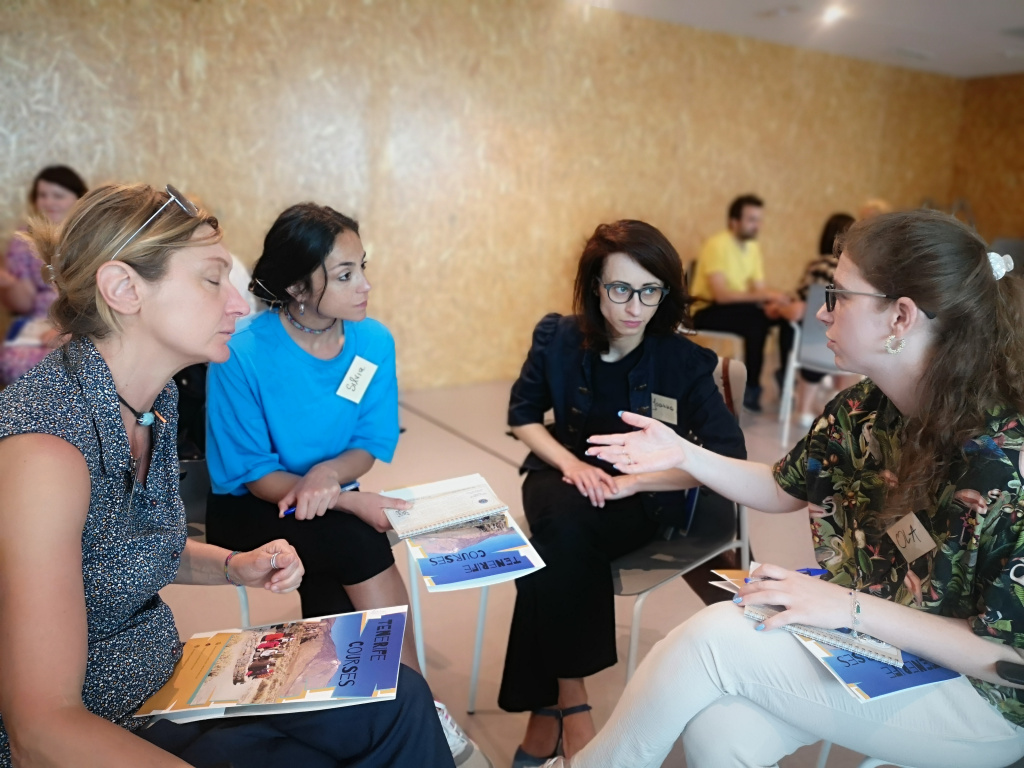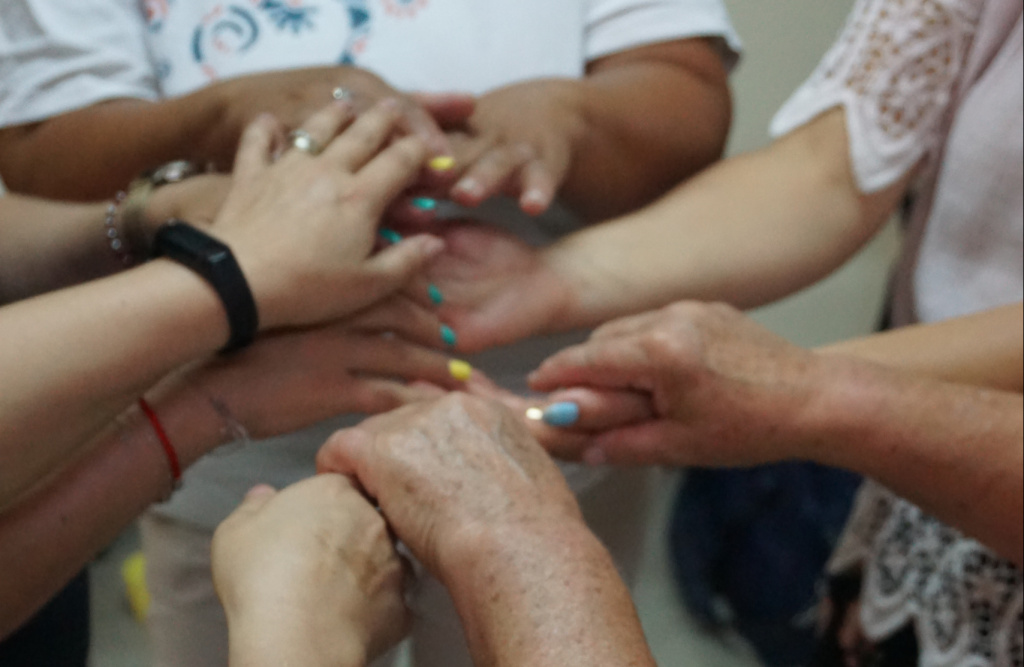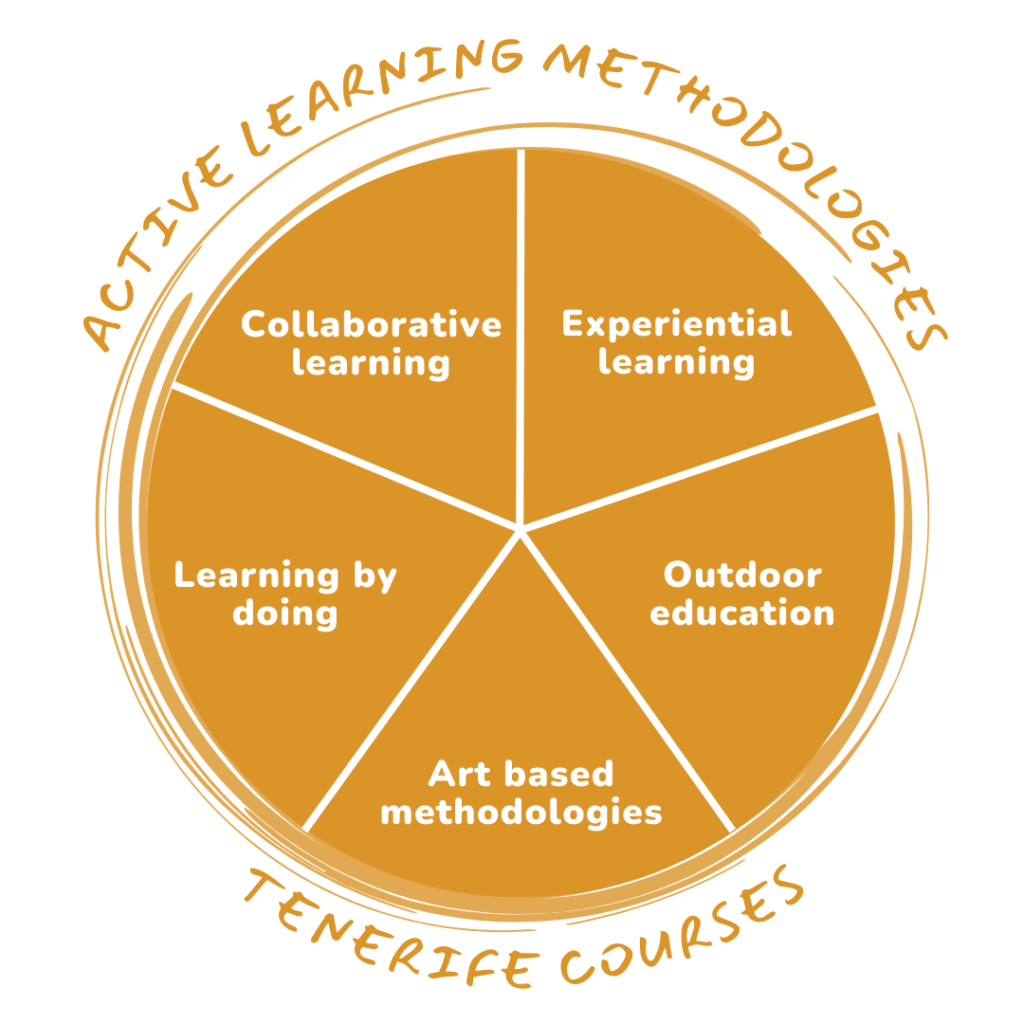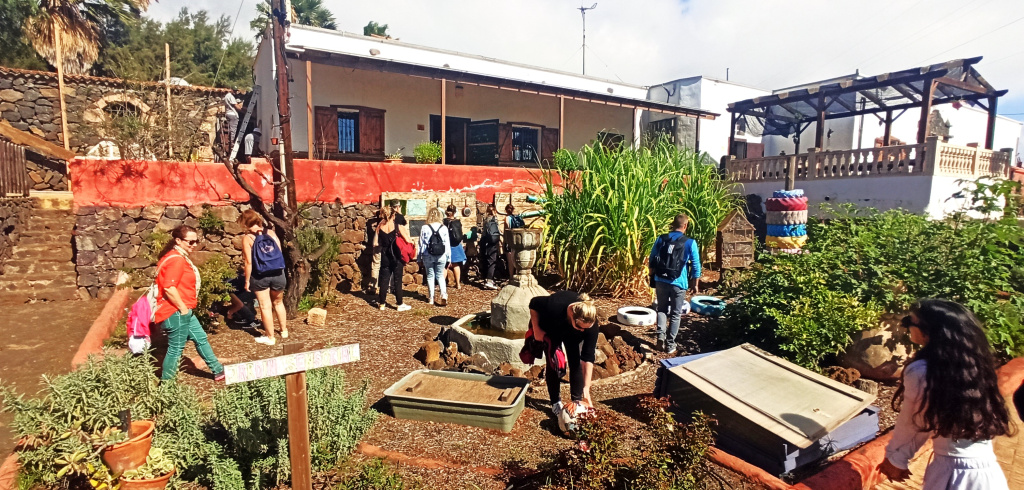Preventing Early School Leaving (ESL) through experiential learning
Early School Leaving (ESL) is a pressing concern in all EU countries because it is directly related to unemployment, social exclusion and poverty, especially. The Europe 2020 strategy has set the goal of reducing the proportion of school leavers to below 10%. This training course will focus on preventing ESL.
In this course, teachers and trainers will understand the experiential learning methodology and learn how to create a stimulating and engaging learning climate. By adopting an inclusive learner-centred vision of education, teachers can increase motivation and sense of belonging among students, irrespective of individual and family-related factors, socio-economic status or life experiences. With this form of active learning, all learners and their diverse needs are at the centre of education. They are the actors of their own learning.
The course doesn’t offer quick solutions. Instead, it shows how to achieve sustainable results in the long term with holistic, systemic approach.
The nature of this course is highly practical and hands on, so the participants will learn about Kolb‘s Experiential Learning Cycle (Experiencing, Reviewing, Concluding, Planning and Transfer of learning) through group dynamics, role plays and practical activities.

Objectives:


Methodology:
Our focus is on showing the participants how the learners’ motivation increases when they become the actors of their own learning because the teacher takes the role of facilitator or learning guide.
Energizers, games and group reflections are foreseen daily in order to ensure a positive energy and a cooperative learning climate in the group.
We tailor our working methods based upon the participants‘ needs and professional profiles in order to ensure easier adaptability and application of the tools to the real life.
We will take care of you
-
- Support and Emergency Helpline Whatsapp group with all participants for easy communication and interaction between each other.
- Useful pdf presentation with the most important information about food, transportation and places to visit in Tenerife.
- Free afternoons to explore beauty of Tenerife.
- Visit to Teide National Park – optional.
- No requirements for accommodation, you can choose whatever you want (in the city where the course takes place).
-
After the course:
- Teaching materials in pdf to use in your classes afterwards.
- Photos for dissemination.
- The certificate of attendance and support with all documents needed.

